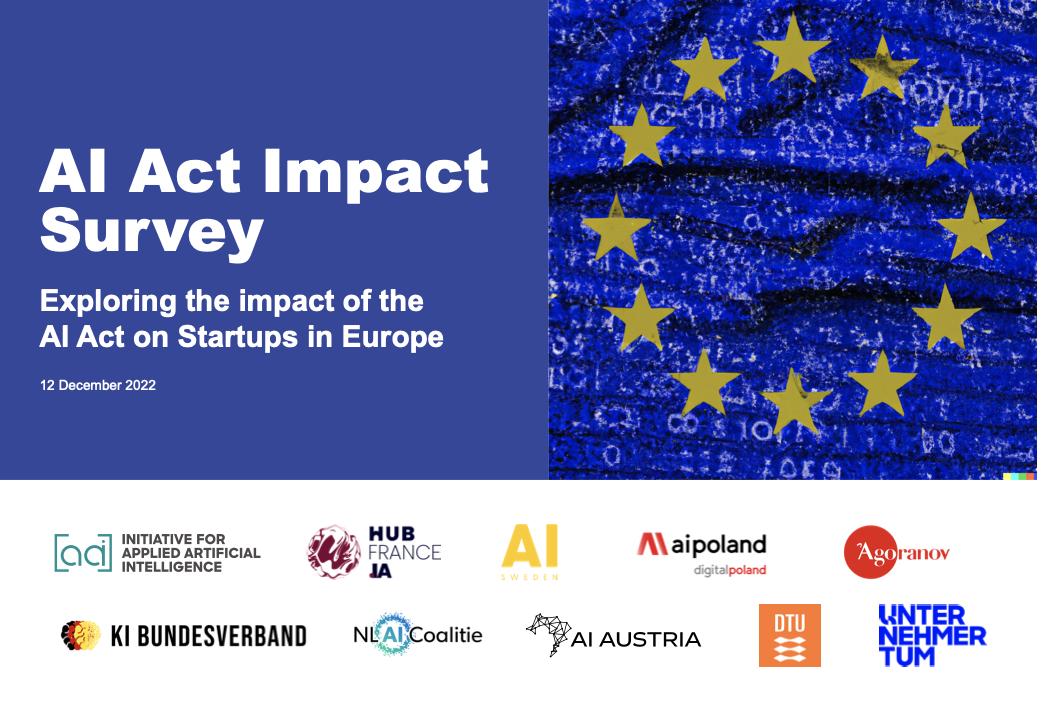The legislative proposal to regulate artificial intelligence is currently being discussed in Brussels.
The aim is to create a framework for the development and application of artificial intelligence that opens up the potential of this technology for Europe as a competitive business location and at the same time is based on European values.
The economic potential of artificial intelligence as a driver for Europe’s future prosperity is enormous: some studies speak of additional economic growth of up to 1.3 percentage points per year in the event of successful implementation, others see an increase in productivity of up to 35% of European labor up to 2035. While the USA and China are already using AI for their economic growth, Europe is still lagging behind, which can be seen, for example, in the investment in AI companies: 53% of these global private investments are made in the USA, 23% in China and only 6% in Europe.
This makes it clear that the AI act must also promote Europe’s ability to innovate in the field of artificial intelligence. However, a current study among European AI companies shows that the current draft does not guarantee this innovative ability:
Leading European AI organizations have studied the impact of the upcoming Artificial Intelligence Act (AI Act) on the European startup market – co-initiated by AI Austria. 50% of AI startups believe that the upcoming act will slow down AI innovation in Europe. An additional 16% are considering stopping AI development or moving outside the EU. This is just one of the key findings of the report. Download the publication to find out more.
https://aiaustria.com/news/impact-of-the-ai-act-on-the-european-ai-startup-market

